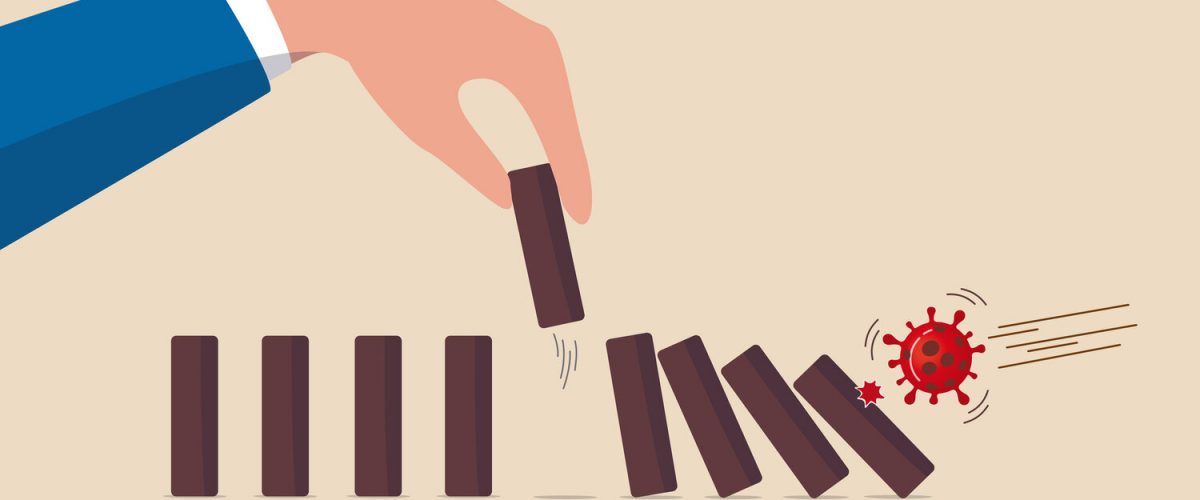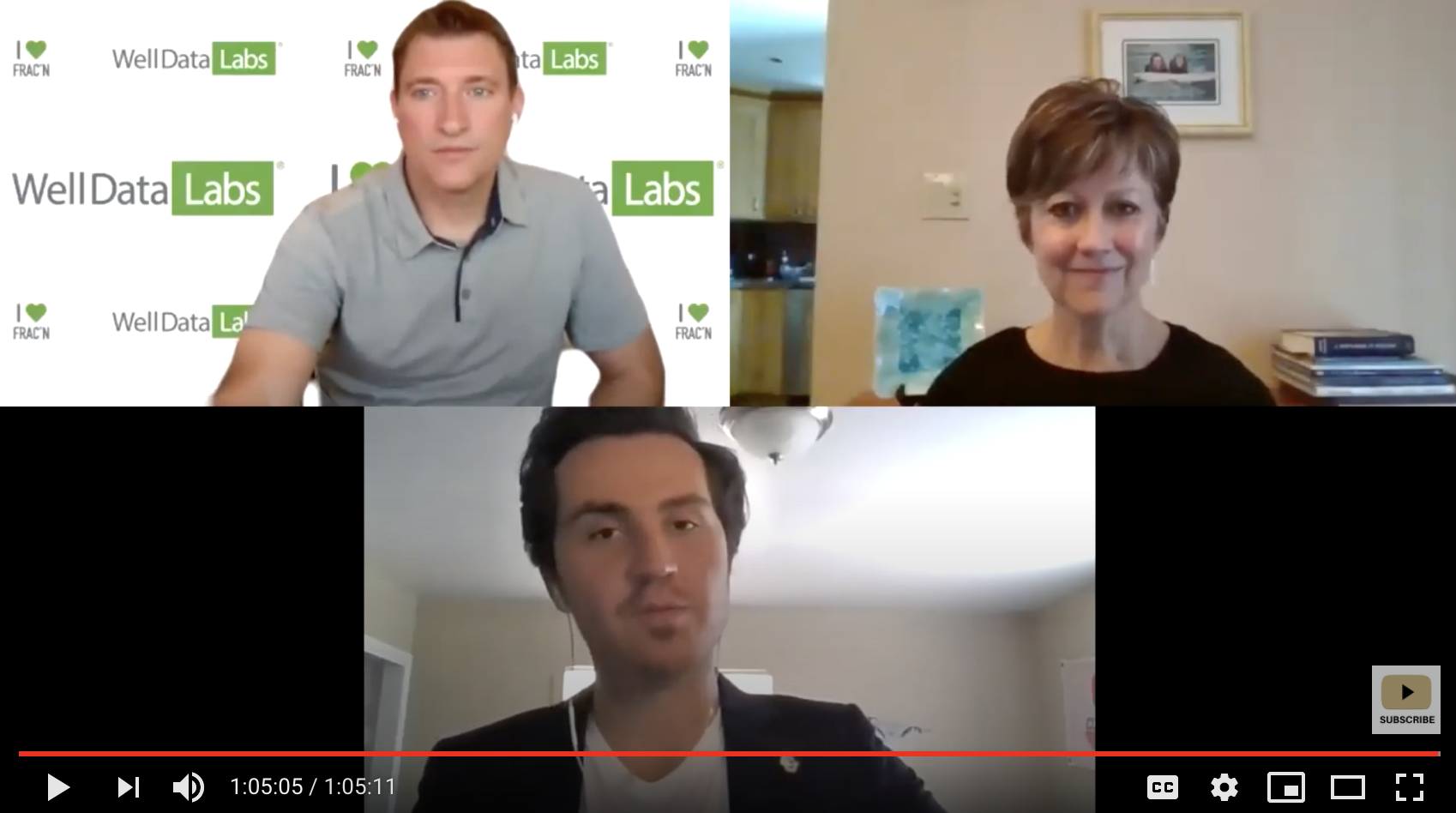
The business world is charting unseen territory. With the future business landscape likely altered forever, your ability to be adaptable, efficient, creative, and level-headed will be more valuable than ever.

The Business School Alumni Network (BSAN) hosted an online webinar to share expert alumni advice on the skills they developed after graduation that helped them succeed in life and business. Expert alumni panelists included Josh Churlik (MBA ’05), CEO and Co-Founder of Well Data Labs and Founder of Denver Startup Week and Susan Heinzeroth (MBA ‘88), CEO and Lead Strategist at SageRiver Consulting and Adjunct Faculty at the Business School and the webinar was moderated by BSAN Chair David Heisler (BSBA ’17).
Becoming more adaptable, flexible, and resilient in trying times
With things changing so fast right now, certainty is hard to find. The ability to make quick decisions and keep moving forward is more valuable than ever.
We’ve been building resilience all our lives since learning to tie our shoes or ride a bike or speak in front of the class. This is a really important time to call back on times when you pushed through adversity and tap into the skills and frame of mind that helped you then. Right now, things are messy and we have to embrace the messy in order to be resilient. Every challenge is a catalyst for change.
An important area to focus on right now is building good habits. Are you taking the steps that are going to put you where you want to be? Even seemingly small things like a daily morning walk to reset your mind before sitting down at the computer to work sets you up to have a stable, clear frame of mind even when in the middle of a crisis. Prioritizing self-care (doing the things that calm and center you) makes you better prepared to handle curve balls and new challenges.
Adaptability is about rolling with the punches, not looking back. When unexpected change happens, it’s important to resist the urge to look backwards and long for the past, and instead embrace the change with a beginner’s mind and get excited about the opportunity to grow.
Harnessing creativity and innovation to tackle unique new challenges
Creativity and innovation breed best when people feel they are doing meaningful work and feel a sense of safety. During a crisis these things can be in short supply.
People are deeply affected when they feel like they’re just wasting time and energy on something that doesn’t really matter, and especially during a crisis, people want to be focused on the things that matter. Safety is also on the minds of many during a crisis, and when people feel insecure about their future at an organization, they are much less likely to have the energy for innovation or creativity. Transparency, empathy and honesty from leadership is crucial to help people understand the purpose behind their work and feel secure enough to do their best work.
Individuals should be leveraging this time to continue growing in new ways. With so many left unemployed, the prospective job market looks highly competitive. Those that are able to harness their energy in creative ways will stand out among the rest. Highlight your traits like intellectual curiosity (what do you “nerd out” about?), kindness, and humility. Show how you align with an organization’s core values with interesting examples. Be prepared to tell the story about how you’ve spent your time in quarantine and why it matters. What hurdles did you overcome? What new habits did you form? What did you learn about yourself? How did you help?
Emotional intelligence: effectively communicating and prioritizing empathy during a crisis
Everyone must always remember that during a crisis, people are dealing with real life personal fears, safety issues, and financial insecurity. Whether you are an intern or the CEO, empathy is critical, especially now. Sometimes we feel like we can’t bring “feelings” into the workplace, but even outside of a crisis, that’s just not the reality. It is very evident when leadership and co-workers are being truly open and empathetic and treating others like people first because it is infectious and drives real passion.
Remote working poses a challenge in that it can feel “flat” and make it difficult to convey emotions and feelings. It’s a challenge, but even more important now to make sure that you’re actively listening to others, ready to really hear what others are saying, asking lots of clarifying questions, and making sure to show your care, concern, passion, and enthusiasm as much as you can.
Networking, relationship building, and making strong connections
Networking will always be important at any stage in a career, crisis or no. Pro networkers know to “be a line, not a dot”. It’s not about immediate results – it’s about results after years after you’ve proven that you’re around consistently and there’s a reason for people to engage and do business with you. A long-term view of networking is important because the only way to build mutual trust is over time. A key is to be a person who says “yes” when people try to network, and it will give you courage when you are making the ask yourself. If networking feels forced to you, a good mantra to keep in mind is to “show value, ask for nothing in return”, and before long you’ll find that others you’ve helped will naturally want to return the favor.
Without face-to-face networking opportunities, networkers are in a whole new world. Innovation is already here, though. Remote networking events with many different options are giving people more options than ever. Many online platforms are offering speed networking events, breakout rooms with different discussion topics, or guided activities for a more structured approach. Take advantage because networking is consistently cited as the key that moves people forward in their career.
The alumni panelists gave even more valuable advice during the webinar and you can watch the entire recording anytime here. The Business School Alumni Network (BSAN) is always working to provide tools, resources, and opportunities for alumni as well as students – stay up to date on our website.


